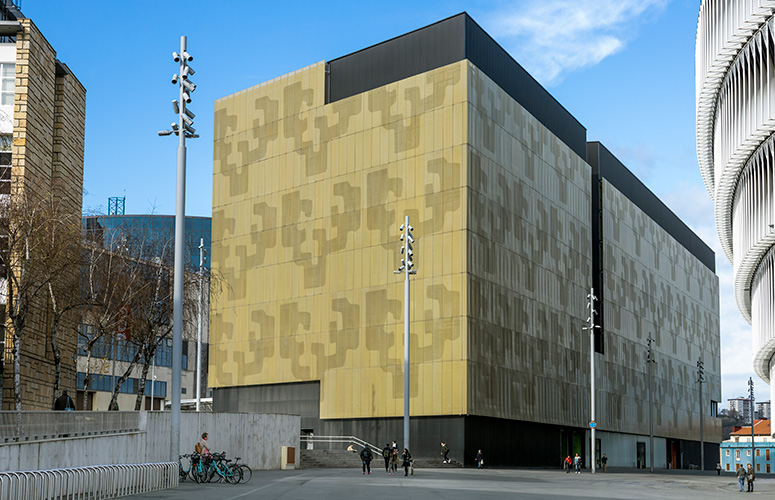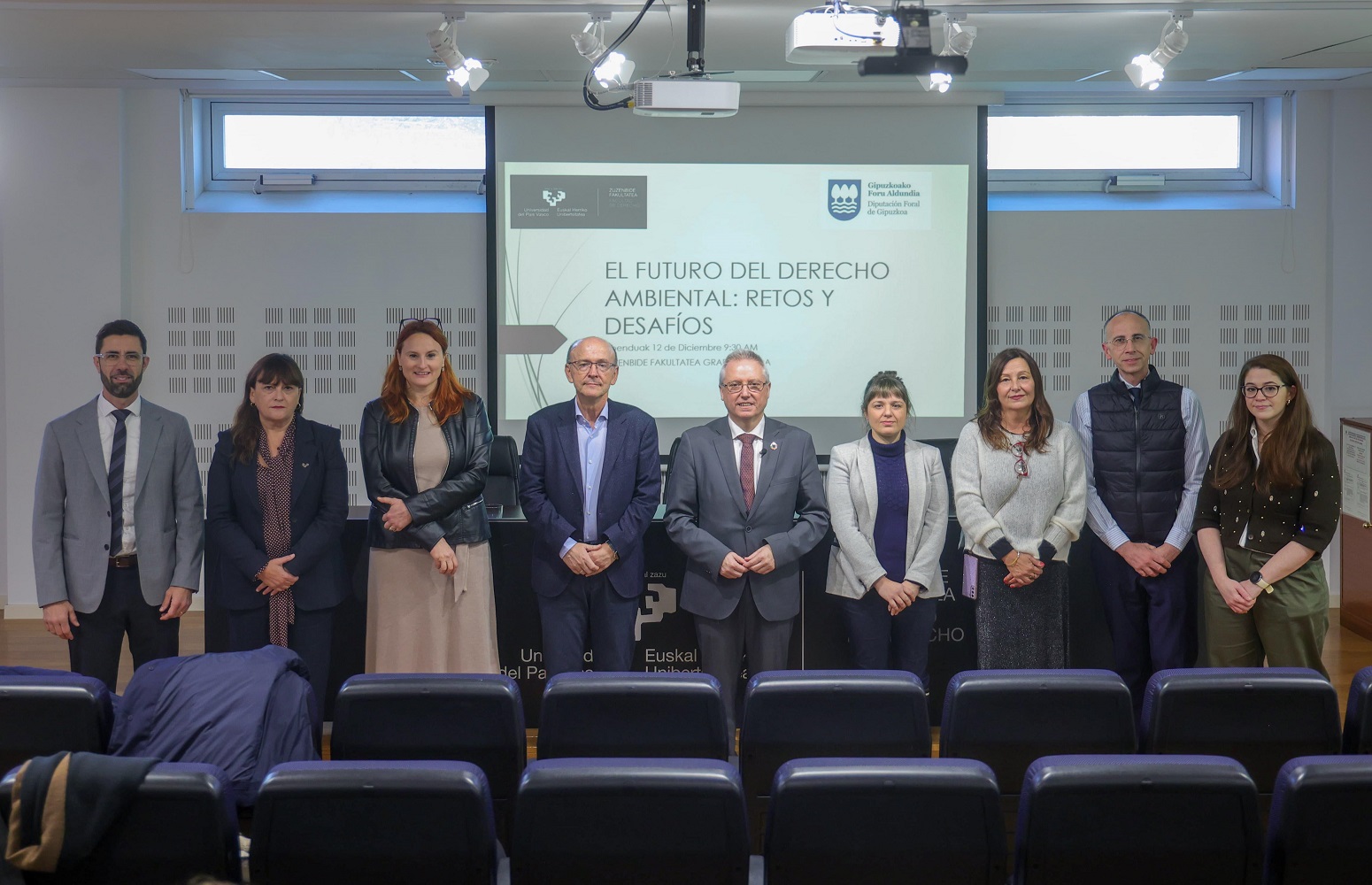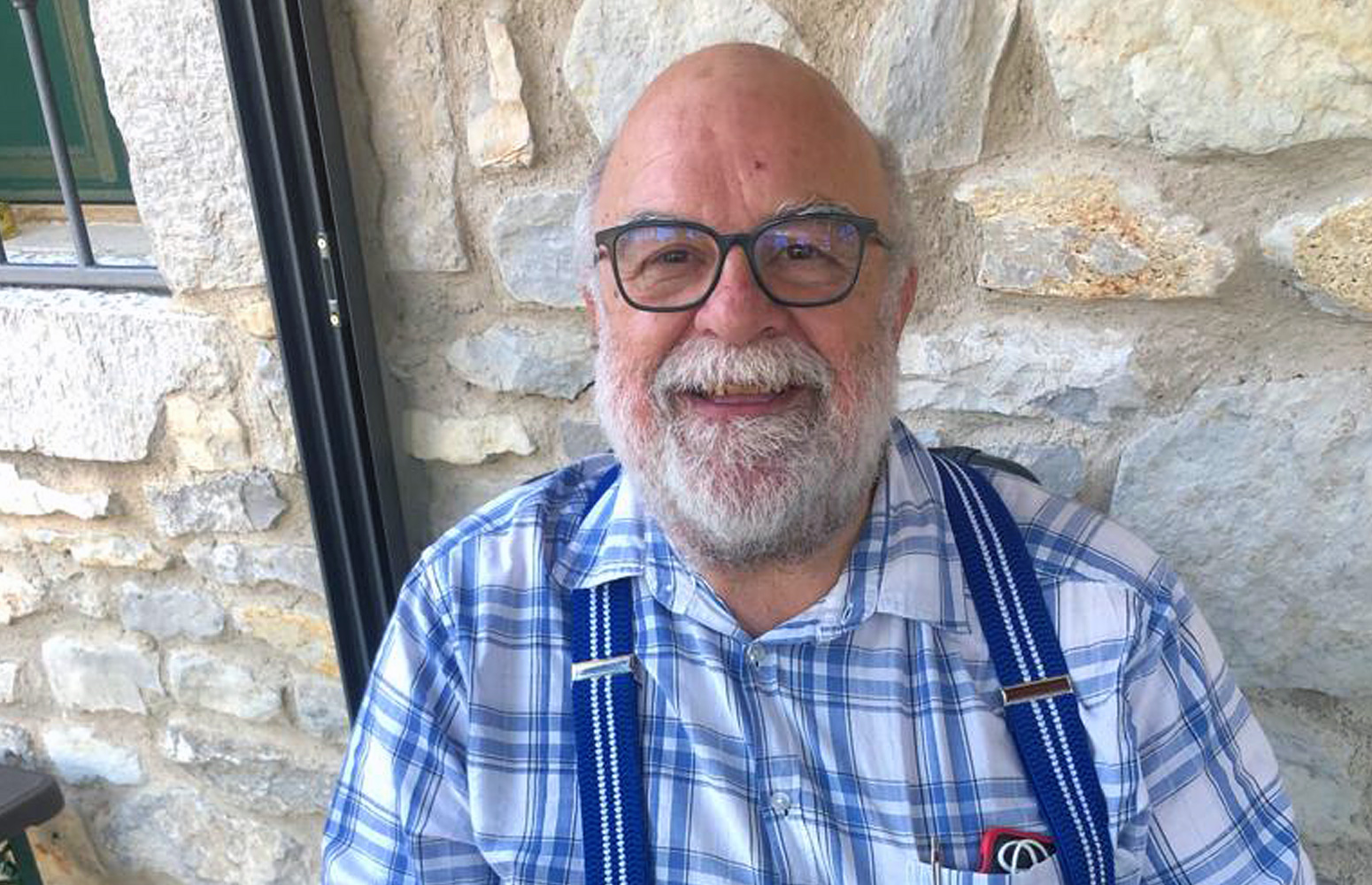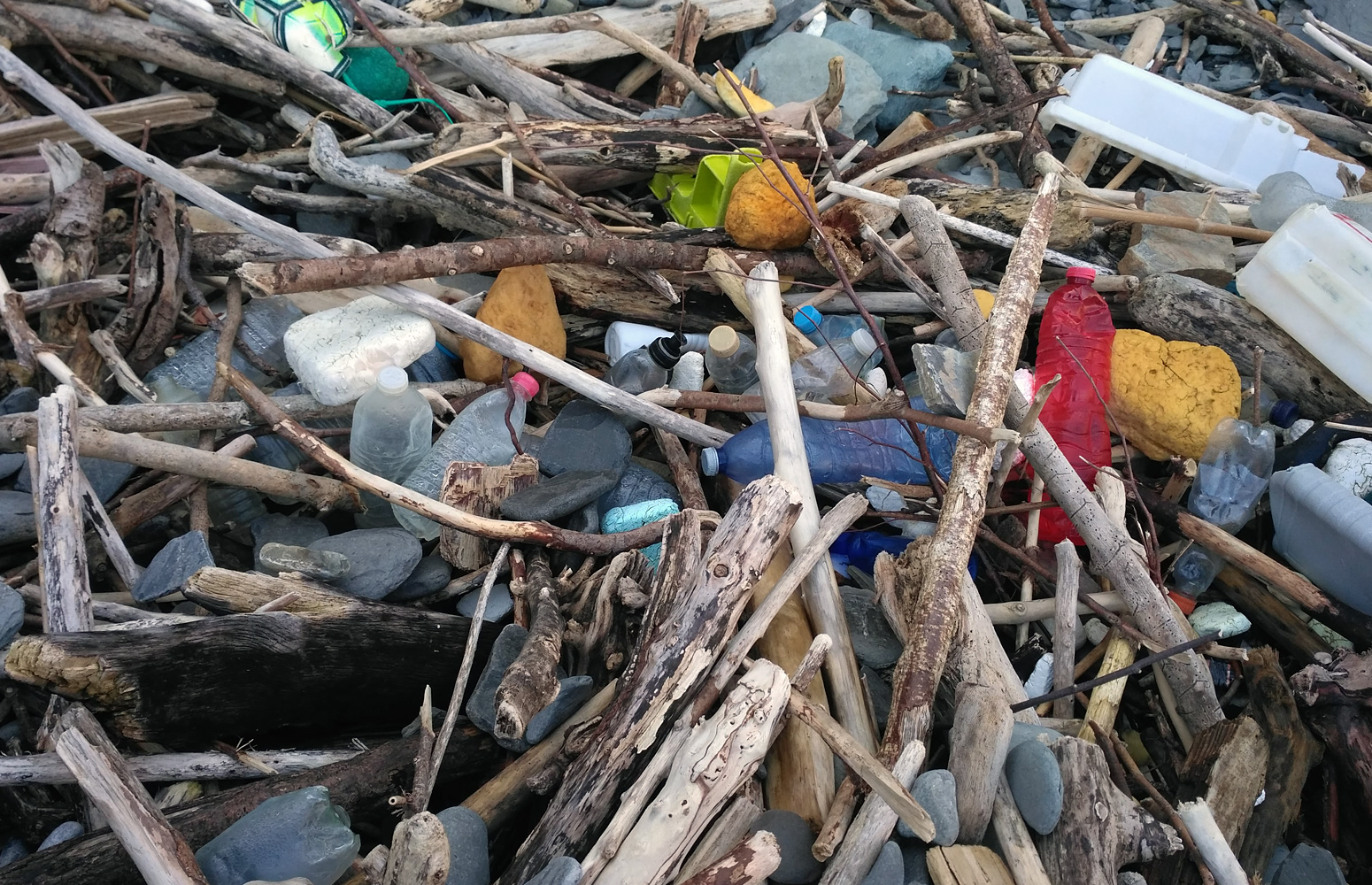In a PhD thesis produced by the UPV/EHU researcher Itsaso Barbarias, very good results have been achieved in a process to obtain hydrogen from plastics. Not only is a means of recycling plastic waste that ends up in landfill sites or in incineration plants being proposed, hydrogen that could be a future fuel is also obtained, and what is more, in significant amounts. Until now, only one-phase trials have mostly been carried out, but Barbarias has shown that it can be done as a two-phase process.
Obtaining hydrogen from plastic waste
In a piece of research by the UPV/EHU-University of the Basque Country, it has been found that significant amounts of hydrogen can be obtained from plastics in a two-phase process
- Research
First publication date: 29/03/2016
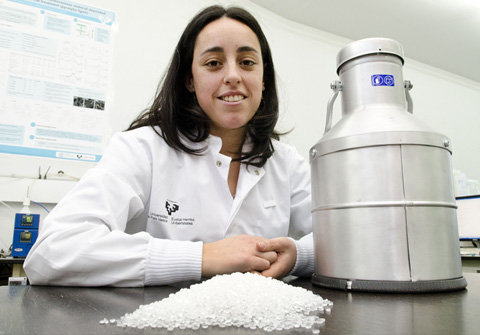
People say that hydrogen will be the fuel of the future, and that is why all kinds of processes to obtain hydrogen are being explored across the world. In her PhD thesis, Itsaso Barbarias, a researcher in the Department of Chemical Engineering in the UPV/EHU's Faculty of Science and Technology, has been carrying out research into a process to obtain hydrogen from plastic waste, because until now little research based on plastics has been done. As the researcher herself pointed out, "waste plastic could be a raw material for obtaining hydrogen if the gases produced through its pyrolysis are treated using steam catalytic reforming".
In the research, two phases were used to obtain hydrogen from plastics. In the first one, the pyrolysis of the plastics (the thermal degrading of the plastics in the absence of oxygen) takes place in a conical spouted bed reactor, because it is here that large transfers of heat and mass take place, thanks to the cyclical movements taking place inside the reactor; and the gases obtained are then taken from there to the second phase. The second phase involves steam catalytic reforming, in other words, the gases in the first phase react in the presence of steam with the help of a catalytic converter, and that way hydrogen is obtained.
In the process, tests were conducted using different operating conditions to explore what effect they have on the hydrogen production. As catalytic converters deactivate over time, the causes of this deactivation have also been analysed. And what is more, certain types of plastic found in solid urban waste were also analysed as part of the thesis to determine their potential for producing hydrogen.
More research needs to be done: the main problem is money
The researcher has highlighted a number of things emerging out of her research. Firstly, "the conical spouted bed reactor has yielded very good results with the plastics", she explained; indeed, one problem that has arisen in the research conducted so far is that the plastics do not conduct heat properly and are very sticky. So in the research this reactor has been found to be the most appropriate one for carrying out the pyrolysis of the plastics, because these problems are avoided. Secondly, Barbarias said that very little research had been done on the two-phase process, because single phases are more cost-effective. But "what we have shown in this research is that more hydrogen is produced in these two phases than in the single-phase processes". As regards the catalytic converter, the researcher mentions that more research still needs to be done: "We used a commercial catalytic converter that became deactivated over time. So we would need to know whether we would be able to re-use the deactivated catalytic converter by regenerating it and that way make the process more cost-effective".
As regards implementing this process on an industrial scale, the researcher says that is where the challenge lies. "On an industrial scale money is involved. The process is not yet economically viable; in fact, this working process takes place at a very high temperature and two reactors are needed. So as far as the future is concerned, a lot more research needs to be done," she said. The researcher is concerned about the current issue of the recycling of plastics, because most of the waste is incinerated or ends up in landfills. "As far as I have been able to see, it is possible to recycle this waste matter," she insisted.
Additional information
Itsaso Barbarias (1987, Lekeitio, Bizkaia, Basque Country) is a chemical process engineer and has a Master's in Sustainable Development. Her PhD thesis is entitled Proceso de pirólisis y reformado en línea para la producción de H2 a partir de residuos plásticos (Pyrolysis and in-line reforming process for producing H2 using plastic waste) and her supervisors were Prof Martin Olazar and Prof Javier Bilbao. She wrote up her thesis in the department of Chemical Engineering of the UPV/EHU's Faculty of Science and Technology in the PROCAT-VARES (Catalytic Processes and Waste Recovery) research group.


